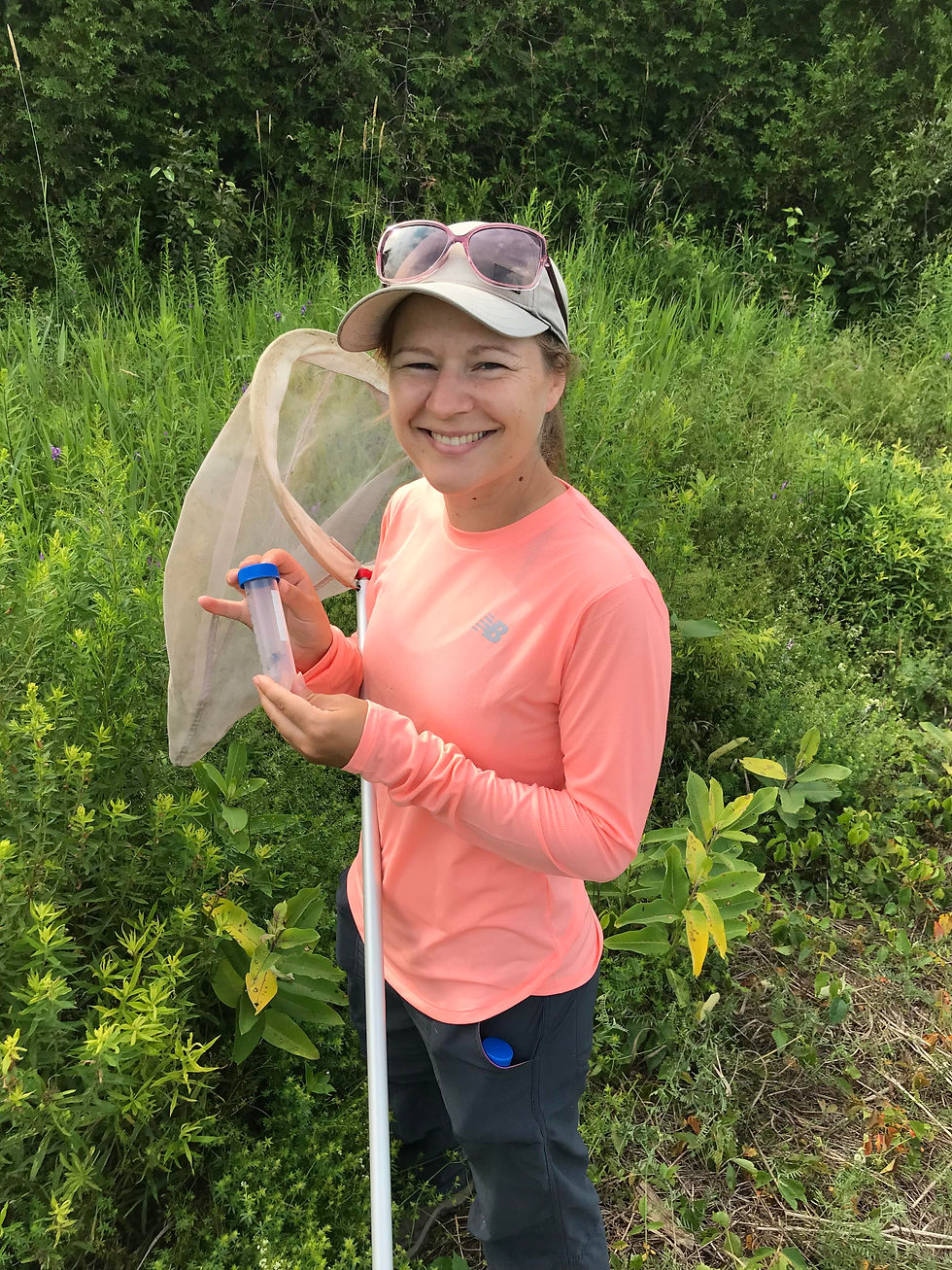Water and You - Be a Water Hero
- Muskrat Watershed Council

- Oct 26, 2022
- 3 min read

Most everyone has heard the phrase “death by a thousand cuts”. The premise that a small cut will not hurt us, but a thousand will be the death of us. That is pretty much our relationship with the environment. You may unwittingly be contributing to these cuts.
BUT, just like using Neosporin, there are ways to mitigate our actions with some changes to your daily routines. Whether you live at the water’s edge or not, everyone’s actions impact our local watershed and water systems.
Definition: A watershed is an area of land that catches rain, snow and run off and drains or seeps into a marsh, stream, river, lake or groundwater (& drinking water!!!).
Be a water hero and consider some of the following actions to prevent water pollution.
Lower the Use of Lawn and Garden Chemicals
Inevitably these run off our lawns and gardens into the water. Select hardy plants for our climate, the bonus for you is the use of less water and care costs.
Use Your Local Toxic Waste Days
Many of our household chemicals can be recycled and others can be disposed of safely. Please do not dump these down the drain or flush down the toilet. All these actions add up.
This includes medical waste as it can accumulate in the water, negatively affecting fish and other wildlife.
Think Vehicles (Boats too)
Wash your vehicle on the lawn instead of the driveway. The used water will be filtered before it runs into the waterway.
Always wash your boat with hot water before entering any new lake or waterway to ensure new and foreign microorganisms are not introduced into the water.
If your vehicle is leaking, fix it. This will be better for the water and your pocketbook as it can prevent larger and most costly car issues.
Absorb spills and leaks with sand or kitty litter then sweep it up and dispose of it in the garbage can.
Maintain and Service Septic Systems
All septic systems should be emptied and inspected at least every 3 -5 years (more if living there full time and large families). A good proper septic system with moderate use will last up to 40 years. If your septic system is old, you should look at replacing it as soon as possible.
Avoid Plastic Containers
Try to use less plastic, a lot less plastic is actually recycled than you might think. Opt for glass and other reusable vessels. Ditch the costs of buying water and bring it from home. Be mindful of the packaging used when buying any product.
Use Phosphate-Free Detergent and Dish Cleaner
Phosphates reduce the oxygen in the water leading to algae blooms and hurting aquatic life.
Pick Up Litter/Do A Beach or River Clean Up
You would likely be surprised by how much garbage makes it way into the water system.
Do your best to put all your litter in a garbage can.
Build a Rain Garden
These help with rain gutter and storm runoff. The link below shows how to make one.
Stop Mowing Near Streams, Ponds or Lakes
This will provide a natural protective buffer of grasses, shrubs and trees. You will benefit from more wildlife too.
Support Environmental Charities
Find an organization with good values and impacts and make a donation. Your support could help expand their watershed protection work.
Plant Trees and Other Native Plants
Volunteer in tree-planting efforts. Have a waterfront property or land with a river or pond? Think about planting trees and native plants along the bank or shore.
The link below provides a list of plants (Cobden / Whitewater Township is in zone 4B)
Water and air, the two essential fluids on which all life depends, have become global garbage cans.
~ Jacques Yves Cousteau





Comments